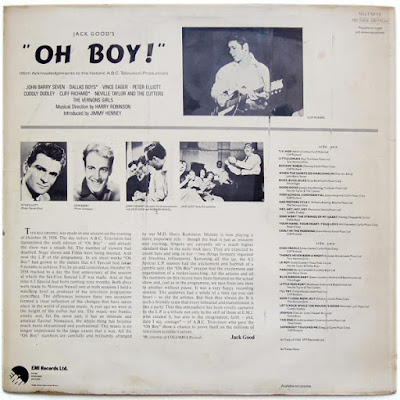As our deeper pleasures are being taken away from us, James Bond is a treasure of passions that are buried deep into the cinema goers consciousness. The appeal of Bond is a man who serves a common good for his culture, but also never eliminates the joys of the flesh and the alcohol. In other words, he has a win-win situation. Most of us customers only have a win-lose-win something in our lives, and Bond can express one who has it all. The treatment of the world is not based on fact, but on desire, and therefore seeing a Bond film is like being on a vacation. But one that only lasts for two hours or so. Equally important to the entire Bond package, is the music. John Barry served his master (Bond) as well as to the customer. It's hard not to hum or whistle the Bond theme or whatever the main title song was of that time of that particular Bond film.
The truth is, the best part of a James Bond film is the first 15 minutes. Here you get the action sequence that is usually fantastic, and then the great montage that announces the title, and of course, the mixture of Monty Norman's Bond theme, mixed in with Barry's music. To be honest, one can leave the theater after the opening and be pleased like after having a great meal. The rest of the product is tourism, women, fight scenes, and the character (each different by various actors playing Bond). The next best thing after seeing the film is having the soundtrack albums. In 1982, Liberty Records put together a great compilation of Bond theme songs as well as some of its wonderful incidental music used in the films. My personal favorites are "From Russia With Love" by Matt Monro, with lyrics by Lionel Bart (one of the more fascinating characters to come out of the 1960s music world) and John Barry. And of course, "Goldfinger" sung by Shirley Bassey, written by Anthony Newley, Barry, and Leslie Bricusse. Which by the way, I strongly recommend that you find Newley's recording of "Goldfinger," because it's incredible.
There are other in-depth Bond compilations out there, but this one is a favorite because it was the first for me, and second, Barry and others have done their best work, regarding serving the master, that is James Bond.











